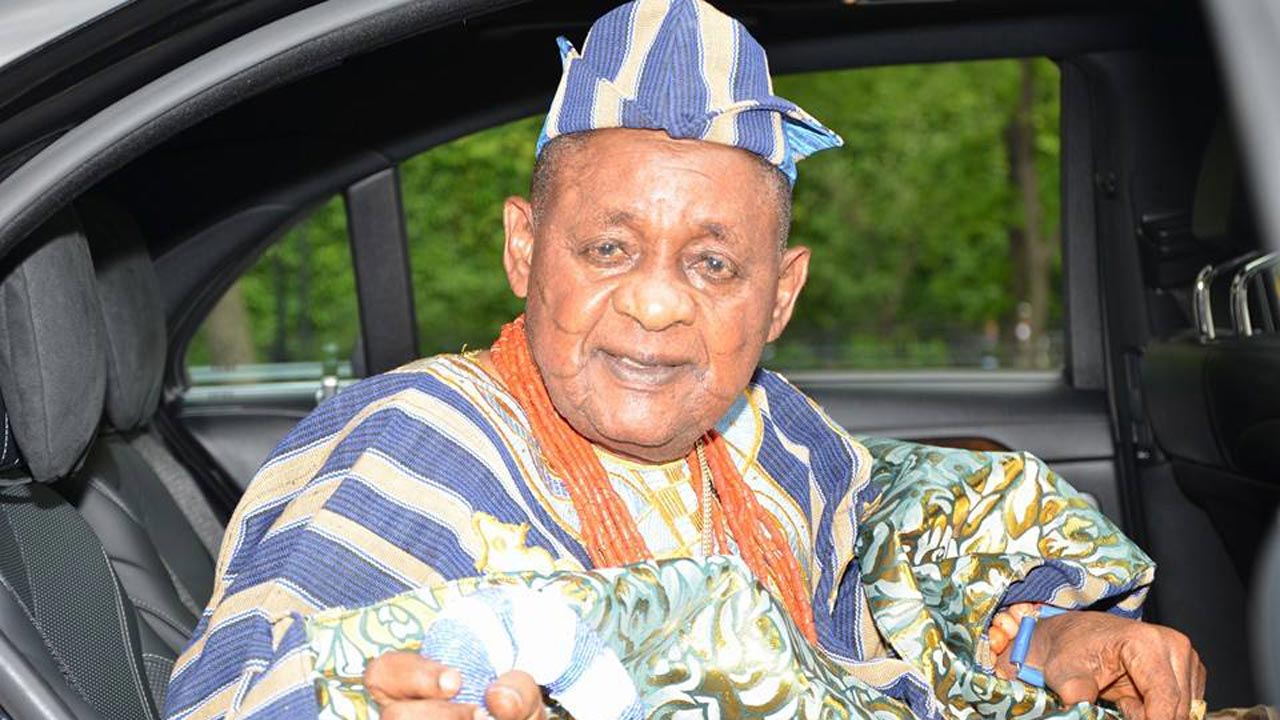
Some prominent Yoruba leaders have advised the Federal Government to embrace regional structure of government as practiced in the First Republic otherwise the country might found it difficult, if not impossible, to overcome its current and numerous challenges.
To the leaders, who comprise the Alaafin of Oyo, Oba Lamidi Olayiwola Adeyemi III; Aare Onakankanfo of Yoruba Land, Otunba Gani Adams; Arch-Bishop of Methodist Church, Ayo Ladigbolu (rtd); former Assistant Inspector General of Police, Mr. Tunji Alapini; Prof. Wale Fatunde and media practitioner, Otunba ‘Deji Osibogun, the hope of building a virile nation out of the current lopsided system of government, is a mirage.
Speaking at a conference tagged: ‘Protecting Yoruba Land’ organised by a Pan-Yoruba socio-cultural group, Yoruba KO’YA Movement in Oyo town recently, they described the current structure as a mirage of inconvenience that will continue to breed disunity, starvation, under-development and insecurity.
In his view, Oba Adeyemi tasked President Muhammadu Buhari to implement the resolutions of the 2014 National Conference. He stressed that the entire nation’s dilemma were addressed at the conference.
According to the monarch, “Before the military coup of 1966, what we had was a regional system of government where every region controls their resources, but after the military took over, they moved everything away from the region to the centre, rendering the three region powerless.
“They first created 12 states, later 19, later 21, later 30 and later 36 and ever since the did not allow civilians to create any state. The Lancaster, London Resolutions of 1959 Constitutional government that gave us regionalism, which is the way out of the woes befalling the country. The current system will continue to promote hunger, ethnic intimidation, religion intolerance and infrastructure decadence.
“Under this same system, education sector is backward, a southerner will score 240 while a northerner scores 120 in the Joint Admission Matriculation Board (JAMB), yet they are both offered admission to study same course in the same university. The north created education dis-advantaged states to its favour. Enough is enough.”
On his part, Rev. Ladigbolu recalled that Fulani herdsmen have been known for killing innocent people for over 40 decades, saying ‘‘armed herdsmen did not just start destroying farms today; they have been doing that for over 40 decades. Justice Adewale Thompson in his rulings of April 17 1969 warned Nigerians ahead of what we are witnessing currently. ’’
He said Yoruba traditional rulers should rise up from their slumber and lead their people from this abysmal situation. According to him, “We refuse to be cowed. Our farms must be rescued from the Fulani herdsmen tormenting our people in Oke Ogun. We now sleep with one eyes opened and one closed.”
Adams who was represented by a legal practitioner, Yinka Ogundimu said Yoruba people should wake up from slumber, stressing that Fulani men are intimidating our farmers and tormenting our people on their lands because they feed us.Reeling out statistics, Adams said presently, N8billion is taken from the economy of the Southwest to the north everyday through agriculture alone.”
A representative from Kogi State, Alhaji Ibrahim Idris said the Yoruba speaking part in Kogi are living in isolation, as they are no longer identified with their ancestral home. He therefore urged the Southwest leaders to come to their assistance.
According to him, “We no longer have peace, today in Okun Land; over 10 farmers are killed daily by the Fulani Herdsmen, from Mopa to Iyarra, from Ayegunle Gbede to Ayetoro Gbede to Kaba, its free flow of blood.” In his remarks, the co-convener of Yoruba KO’YA Movement, Osibogun said he joined some like-minds to convene the movement to salvage Yoruba land and deliver its people from eternal incursion.”
[ad unit=2]



